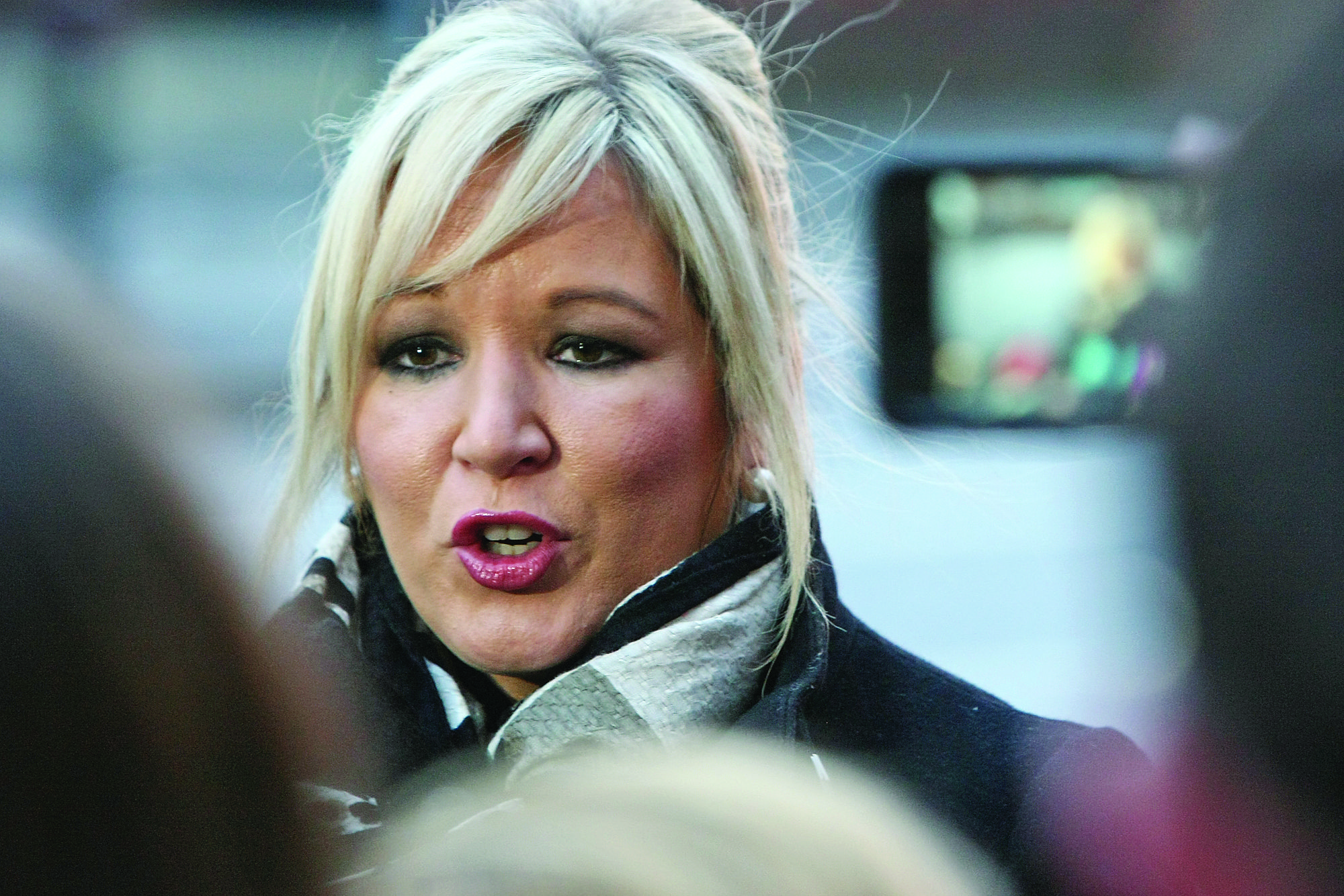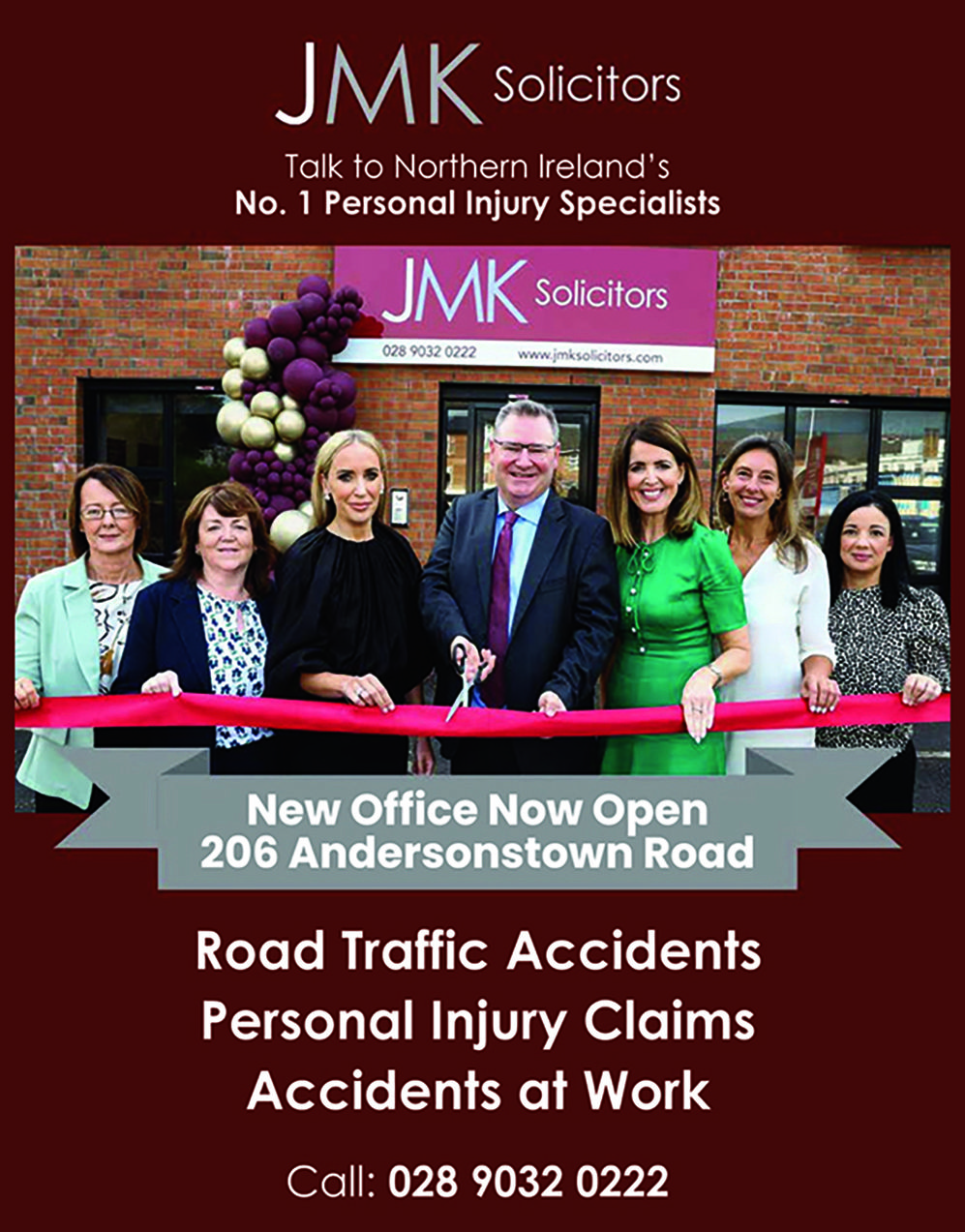“THIS is one of the great scandals of our time – not just here in the north, but across Ireland, England, Wales and Scotland.”
The words of Professor Phil Scraton in relation to the mother and baby homes. Professor Scraton was a member of the Truth Recovery Design Panel, with Deirdre Mahon and Dr Maeve O’Rourke, which this year expeditiously examined the experiences of women and children who went through the mother and baby homes and drew up recommendations for the Executive based on these testimonies and the research conducted by Ulster and Queen’s Universities. Their recommendations were victim-centred and welcomed by the victims and survivors of these pernicious places of slavery and torture.
This week in a moment that should be acknowledged, the Executive stood up. It did not cherrypick at the recommendations of full disclosure, public inquiry and redress. It committed itself to full implementation of all recommendations. Announcing the Executive response joint First Minister Michelle O’Neill spoke in a unique way that should resonate across these islands. These women who should have been shown “love, sympathy and kindness were instead isolated and excluded. Suffering was compounded on suffering. Let’s call this out for what it was. Abuse. Violation. Women and girls who had done no wrong – punished for becoming pregnant outside marriage, punished for being victims of rape and incest, humiliated, subjected to forced labour, robbed of their babies, denied the truth. It was wrong on every level.”
This is unprecedented language and official acknowledgement of wrongdoing. Importantly it is entirely victim-centred. No more and no less than these women and their children deserve.
These survivors will now see the establishment of a non-statutory public inquiry which will have full judicial powers to access all records and will have a programme of financial redress from the outset. And it will happen expeditiously.
It is heartening to see and a full testament to those who unearthed this experience, gave testimony to its horror, and demanded official accountability. It is human rights compliance in the face of unconscionable abuse.
It stands in stark and heart-breaking contrast to the treatment of victims of the conflict, whose human rights and histories are being torn up in Westminster.
What has happened in Stormont this week, however, should give all courage. Victim-centred processes are possible. Victims and survivors can be supported to express their own violations, and identify their own needs, and be part of developing their own remedy. This is not a novel idea, it is how law and international human rights law, in particular, is meant to work. It is novel for our population, but you know what? The sky does not fall in. The institutions are strengthened by a human rights- and victim-centred approach to past violations. This is surely huge learning that is transferable for all actors to the conflict, and in particular for the British government.
The awful irony/truth is that some of these survivors will also be affected by conflict violations. They will be now coming to terms with engaging with a process for one part of their life experience and still campaigning for their rights for other, often connected, experiences.
This week allows us to give thanks to these campaigners for their fortitude and courage and a mandate to endeavour to do better and more for all victims of conflict violations.









